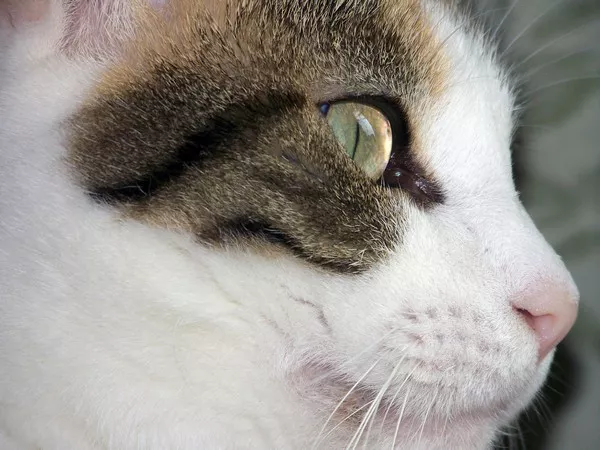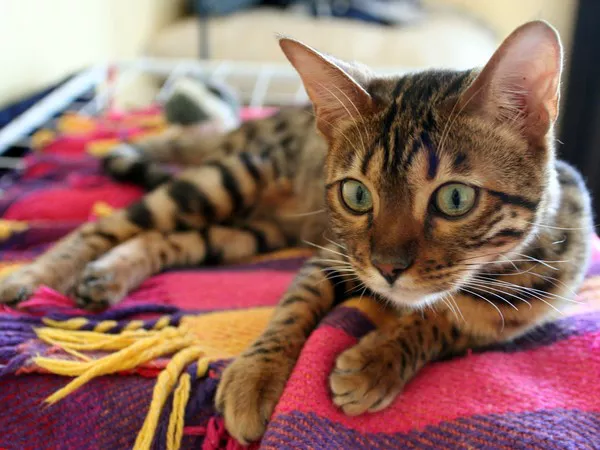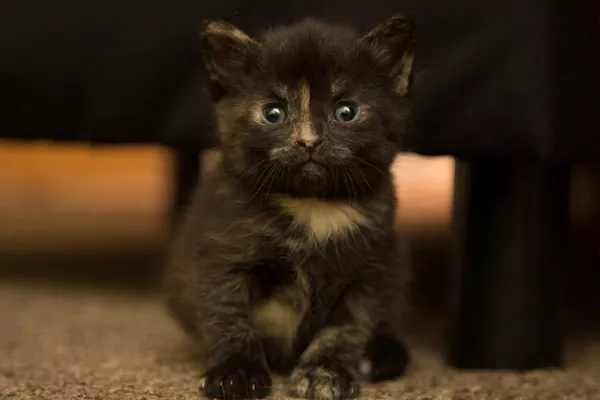Sphynx cats, with their unique appearance and affectionate nature, have captured the hearts of cat lovers around the world. Renowned for their hairless bodies and wrinkled skin, Sphynx cats are often touted as a hypoallergenic option for individuals with allergies to cats. In this comprehensive guide, we’ll delve into the fascinating world of Sphynx cats and allergies, exploring the truth behind the myth and providing insights into whether these feline companions are suitable for allergy sufferers.
Introduction to Sphynx Cats
Before delving into their hypoallergenic qualities, let’s explore some key characteristics of Sphynx cats:
1. Unique Appearance:
Sphynx cats are known for their distinctive hairless bodies, wrinkled skin, and large ears. Despite their lack of fur, Sphynx cats are not completely bald and may have a fine layer of fuzz or hair on their bodies, particularly on their ears, tails, and feet.
2. Affectionate Temperament:
Sphynx cats are affectionate, social, and outgoing animals that enjoy interacting with their human companions. They form strong bonds with their owners and thrive on attention and affection, often seeking out cuddles and lap time.
3. Active Lifestyle:
Despite their lack of fur, Sphynx cats are energetic and playful creatures that require regular exercise and mental stimulation. They enjoy interactive play, climbing, and exploring their surroundings, making them well-suited for households with active lifestyles.
Dispelling the Myth of Hypoallergenicity
While Sphynx cats are often considered hypoallergenic due to their lack of fur, the reality is more complex. Let’s explore the truth behind the myth:
1. Allergen Source:
Contrary to popular belief, cat allergens are not solely derived from fur or dander. Proteins found in cat saliva, urine, and skin cells (known as Fel d 1 and Fel d 4) are the primary culprits responsible for triggering allergic reactions in susceptible individuals.
2. Allergen Production:
While Sphynx cats produce fewer allergens from shedding fur, they still produce saliva, skin oils, and other substances that contain allergenic proteins. As a result, Sphynx cats are not entirely hypoallergenic and may still trigger allergic reactions in sensitive individuals.
3. Individual Sensitivities:
Allergies to cats vary widely among individuals, with some people experiencing mild symptoms such as sneezing or itching, while others may have more severe reactions such as asthma attacks or skin rashes. Whether a person reacts to a specific cat depends on factors such as their immune system, genetic predisposition, and exposure level.
Managing Allergies with Sphynx Cats
While Sphynx cats may not be hypoallergenic, there are steps that allergy sufferers can take to minimize exposure to allergens and manage their symptoms:
1. Regular Grooming:
Despite their lack of fur, Sphynx cats still require regular grooming to maintain healthy skin and prevent excess oil buildup. Bathing your Sphynx cat with a gentle, hypoallergenic shampoo can help remove allergens from their skin and reduce the risk of allergic reactions.
2. Allergen Control:
Implementing allergen control measures in your home can help reduce exposure to cat allergens and alleviate allergy symptoms. Vacuuming frequently, using high-efficiency particulate air (HEPA) filters, and washing bedding and curtains regularly can help remove allergens from the environment.
3. Consultation with an Allergist:
If you have allergies to cats and are considering adopting a Sphynx cat, it’s essential to consult with an allergist beforehand. An allergist can assess your allergy severity, provide guidance on managing symptoms, and recommend appropriate treatment options, such as allergy medications or immunotherapy.
Exploring Alternative Breeds and Crosses
For individuals with severe allergies to cats, exploring alternative breeds or crosses may be a viable option. While no cat breed is entirely hypoallergenic, some breeds are known to produce fewer allergens or have coats that are less likely to trigger allergic reactions. Some options to consider include:
1. Siberian Cats:
Siberian cats are often touted as a hypoallergenic option due to their lower production of Fel d 1 allergens. Their semi-longhaired coats may produce fewer allergens than other breeds, making them more tolerable for some allergy sufferers.
2. Balinese Cats:
Balinese cats are a longhaired breed known for their elegant appearance and silky coats. Despite their longer fur, Balinese cats may produce fewer allergens than other breeds, making them suitable for some allergy sufferers.
3. “Hairless” Breeds:
While Sphynx cats are the most well-known “hairless” breed, other breeds such as the Donskoy (Don Sphynx) and Peterbald also have minimal fur or are partially hairless. These breeds may produce fewer allergens than cats with full coats of fur but are not entirely hypoallergenic.
Conclusion: Understanding Sphynx Cats and Allergies
In conclusion, while Sphynx cats are often considered hypoallergenic due to their lack of fur, the reality is more nuanced. While they may produce fewer allergens from shedding fur, Sphynx cats still produce allergenic proteins from saliva, skin oils, and other sources. Allergy sufferers considering adopting a Sphynx cat should consult with an allergist beforehand and take steps to manage their symptoms effectively. By understanding the complexities of Sphynx cats and allergies, individuals can make informed decisions about whether these unique and affectionate feline companions are suitable for their households.
FAQs:
1. Are Sphynx cats good for people allergic to cats?
Sphynx cats, known for their hairless appearance, are often thought to be hypoallergenic due to their lack of fur. However, allergies to cats are usually triggered by proteins in their saliva, urine, and dander rather than just their fur. While some people with cat allergies may find relief with Sphynx cats since they produce less dander, others may still experience allergic reactions due to the presence of other allergens. It’s essential for individuals with allergies to spend time with a Sphynx cat before bringing one home to assess their reaction.
2. Which cat is the best for allergies?
The Siberian cat breed is often cited as one of the best choices for allergy sufferers. While no cat is completely hypoallergenic, Siberian cats are believed to produce lower levels of the Fel d 1 protein, a common allergen found in cat saliva and dander. Some allergy sufferers report experiencing fewer allergic reactions or milder symptoms when in the presence of Siberian cats compared to other breeds. However, individual reactions can vary, so spending time with a Siberian cat before adoption is recommended to assess compatibility with allergies.
3. What breed of cat causes least allergies?
Among cat breeds, the Russian Blue is often considered to cause fewer allergies due to its shorter coat and lower levels of the Fel d 1 protein. While no cat breed is completely hypoallergenic, Russian Blues are known for producing less dander compared to some other breeds, potentially making them more tolerable for allergy sufferers. Additionally, their dense, double-layered coat requires less grooming, reducing the spread of allergens. However, it’s essential for allergy sufferers to spend time with a Russian Blue before committing to ensure they can tolerate being around this breed without experiencing allergic reactions.

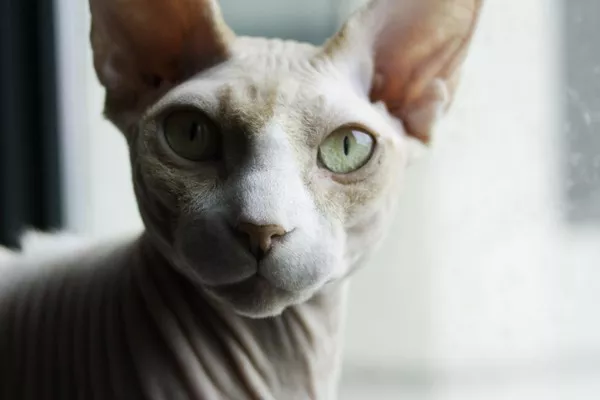

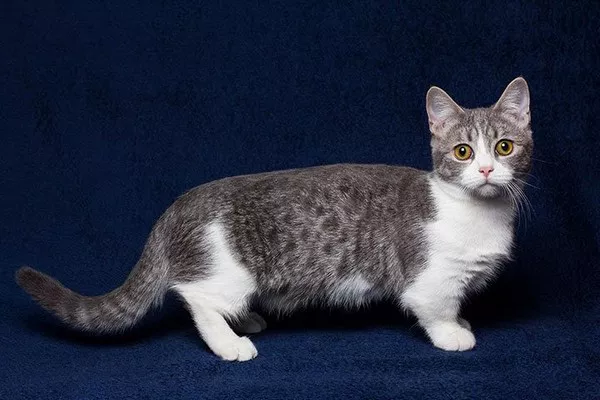







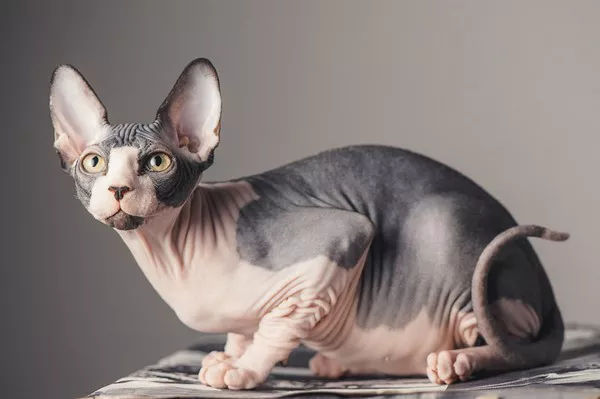
![Are Bengal Cats Legal?[Revealed!]](https://www.catsmeowweb.com/wp-content/uploads/2023/05/bengal-cat-39.webp)

